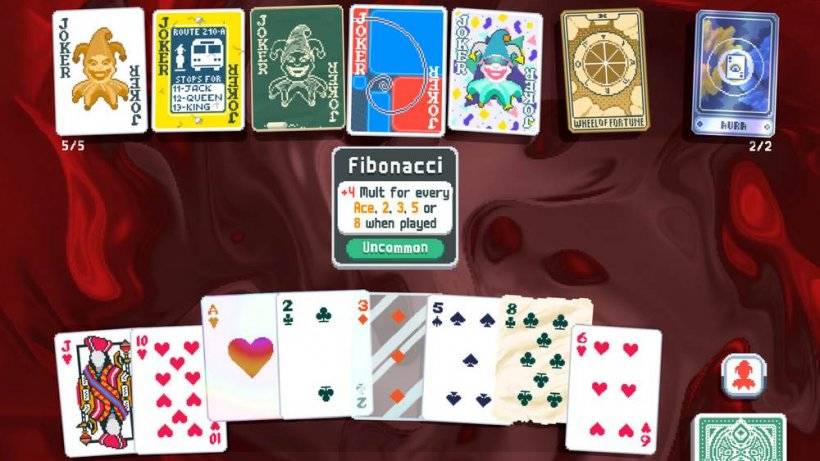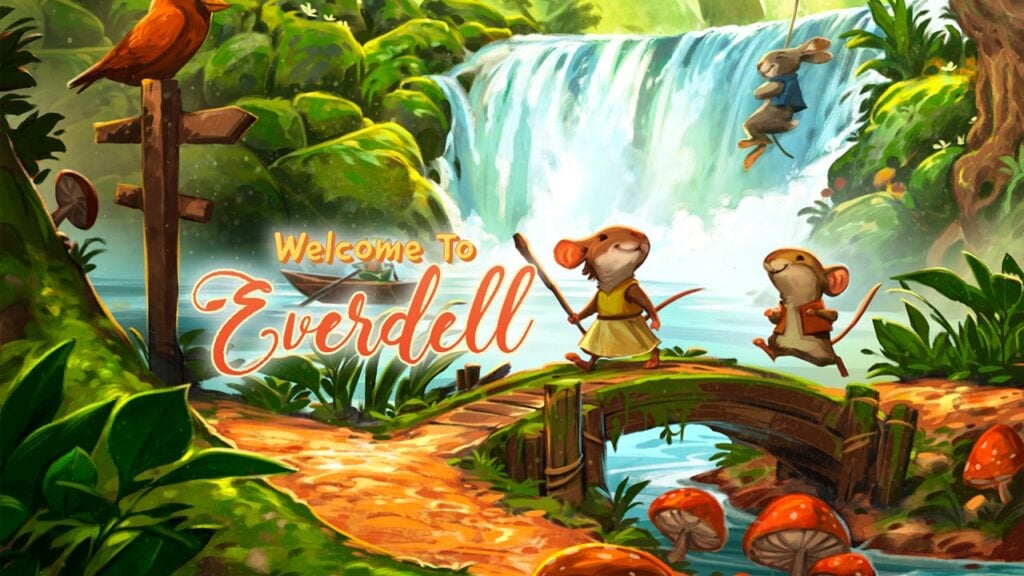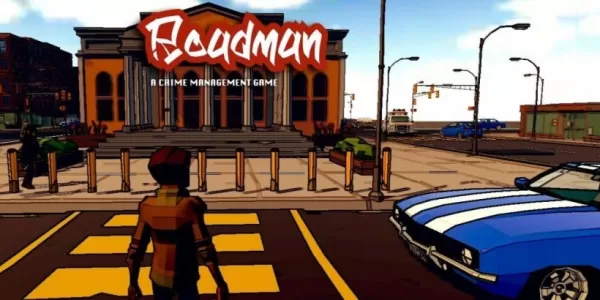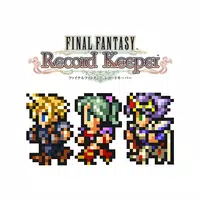It's year-end, time for my "Game of the Year" selection: Balatro. While not necessarily my absolute favorite, its success warrants discussion.
By now (December 29th, assuming scheduled publication), Balatro's numerous awards are likely familiar. It swept The Game Awards (Indie and Mobile Game of the Year), and uniquely won two Pocket Gamer Awards: Best Mobile Port and Best Digital Board Game. Jimbo's creation is undeniably lauded.
However, its success has also sparked confusion and even anger. Comparisons between flashy gameplay videos and Balatro's relatively simple visuals are common. The disbelief that a straightforward deckbuilder garnered so much acclaim is palpable.
This, I believe, highlights why it's my GOTY. Before elaborating, let's acknowledge some other notable releases:
Honorable Mentions:
- Vampire Survivors' Castlevania expansion: A long-awaited addition, finally bringing iconic Castlevania characters to the game.
- Squid Game: Unleashed's free-to-play model: A potentially groundbreaking move by Netflix Games, suggesting a focus on attracting new viewers.
- Watch Dogs: Truth audio adventure: While not major news, it's an intriguing approach for a franchise that's struggled to find its footing. Ubisoft's choice of an Audible-only adventure is a surprising yet interesting direction.
A Surprisingly Addictive Game
My experience with Balatro is mixed. It's undeniably engaging, yet I haven't mastered it. The focus on optimizing deck statistics, a frustrating aspect for me, has prevented me from completing any runs despite significant playtime.
Despite this, Balatro represents excellent value. It's simple, easily accessible, and not overly demanding. While not my ultimate time-waster (that title goes to Vampire Survivors), it's a strong contender.
Its aesthetics are pleasing, and gameplay is smooth. For $9.99, you get a captivating roguelike deckbuilder that won't elicit ridicule in public (the poker element might even make you seem like a gambling genius!). LocalThunk's ability to elevate such a simple format is commendable.
The calming music and satisfying sound effects enhance the addictive loop. The game's charm is subtly conveyed, not overtly, but with a knowing wink.
But why discuss it again? For some, its appeal is insufficient.
 Beyond Simple Gameplay
Beyond Simple Gameplay
Balatro isn't the most controversial release this year (that might be Astrobot, after its GOTY win at Big Geoff's awards). The reaction to Balatro, however, is revealing.
Balatro's design is unapologetically "gamey." It's visually appealing without being overly complex or flashy, lacking the typical "retro" aesthetic. It's not a cutting-edge tech demo; LocalThunk began it as a passion project before realizing its potential.
Its success confounds many, both critics and the public. It's not a flashy gacha game, nor does it push mobile gaming boundaries. To some, it's merely "a card game."
And it is, a brilliantly executed one with a fresh approach. Game quality should be judged by its core mechanics, not solely by visuals or other superficial elements.
Substance Over Style
Balatro's lesson is clear: A multi-platform release doesn't need to be a massive, cross-platform gacha adventure. Simplicity and well-executed design, coupled with unique style, can resonate across mobile, console, and PC.
While not a massive financial success, considering the likely low development costs, LocalThunk probably profited handsomely.
Balatro proves that a simpler, well-designed game can succeed without being a complex, cross-platform behemoth.
 My own struggles with Balatro highlight its versatility. Some strive for optimization; others, like me, appreciate its relaxing qualities for downtime.
My own struggles with Balatro highlight its versatility. Some strive for optimization; others, like me, appreciate its relaxing qualities for downtime.
The key takeaway? As with Balatro's success, you don't need cutting-edge graphics or complex gameplay to succeed. Sometimes, simple and well-executed is enough.

 Beyond Simple Gameplay
Beyond Simple Gameplay My own struggles with Balatro highlight its versatility. Some strive for optimization; others, like me, appreciate its relaxing qualities for downtime.
My own struggles with Balatro highlight its versatility. Some strive for optimization; others, like me, appreciate its relaxing qualities for downtime. LATEST ARTICLES
LATEST ARTICLES 












